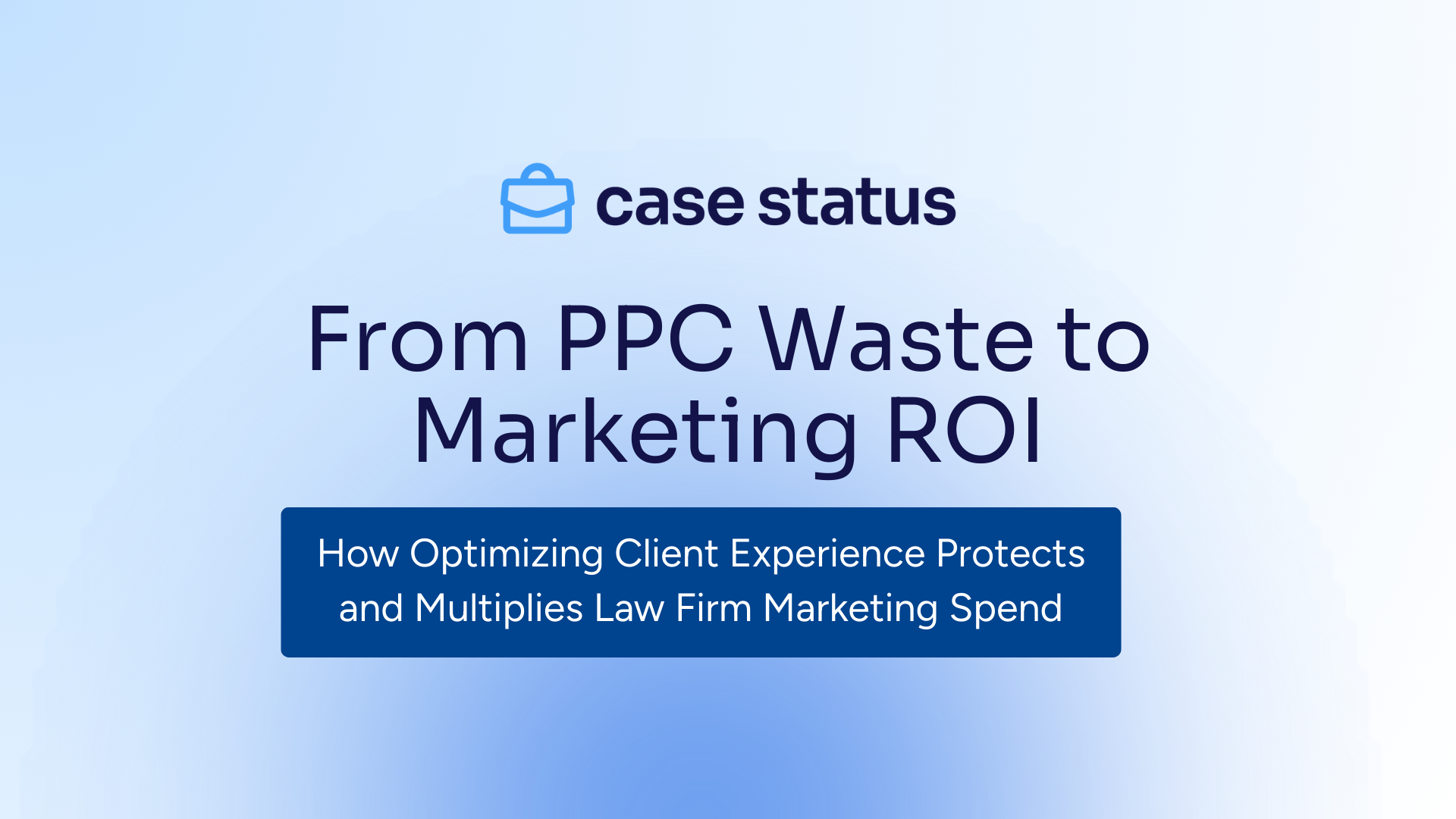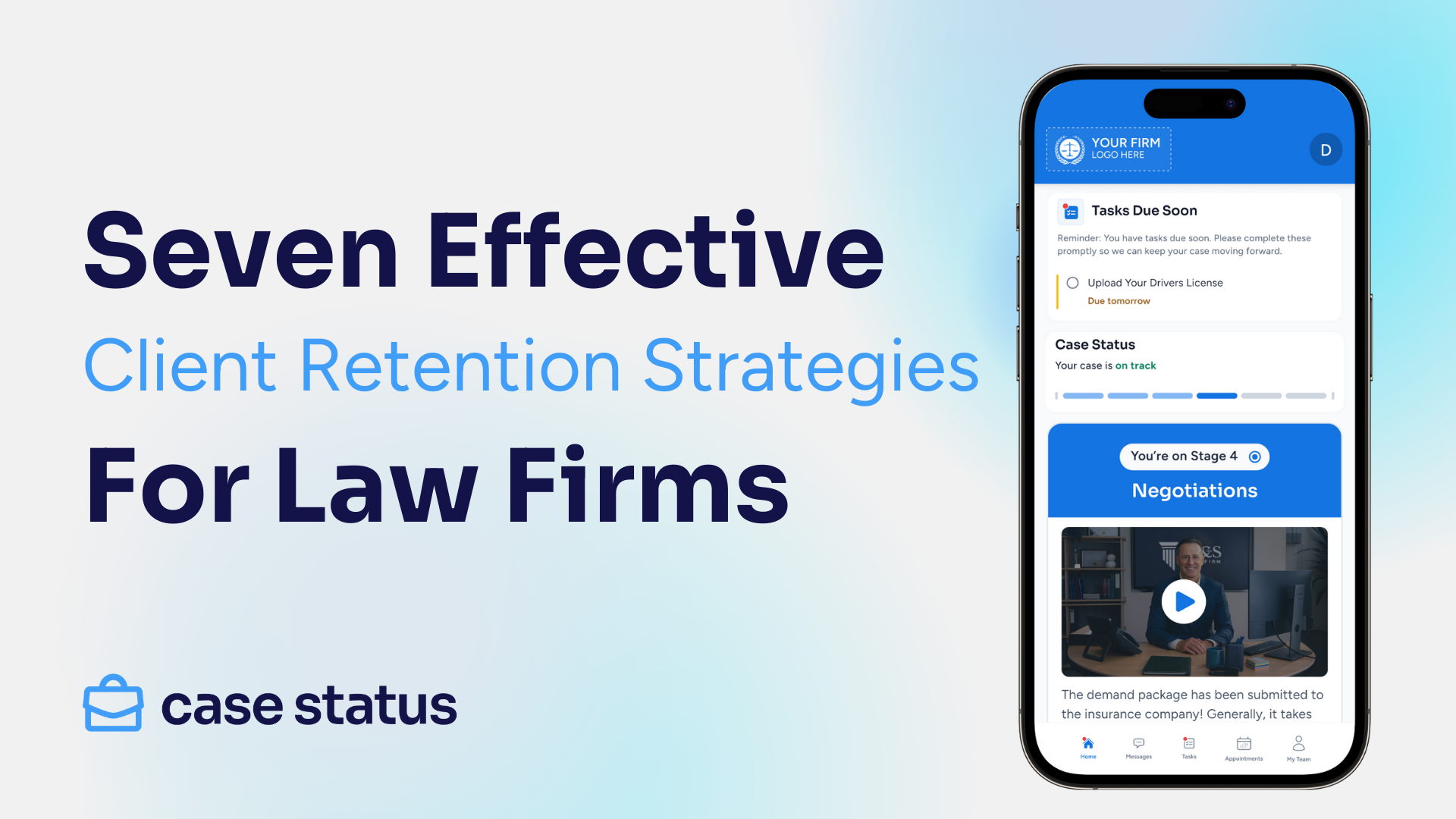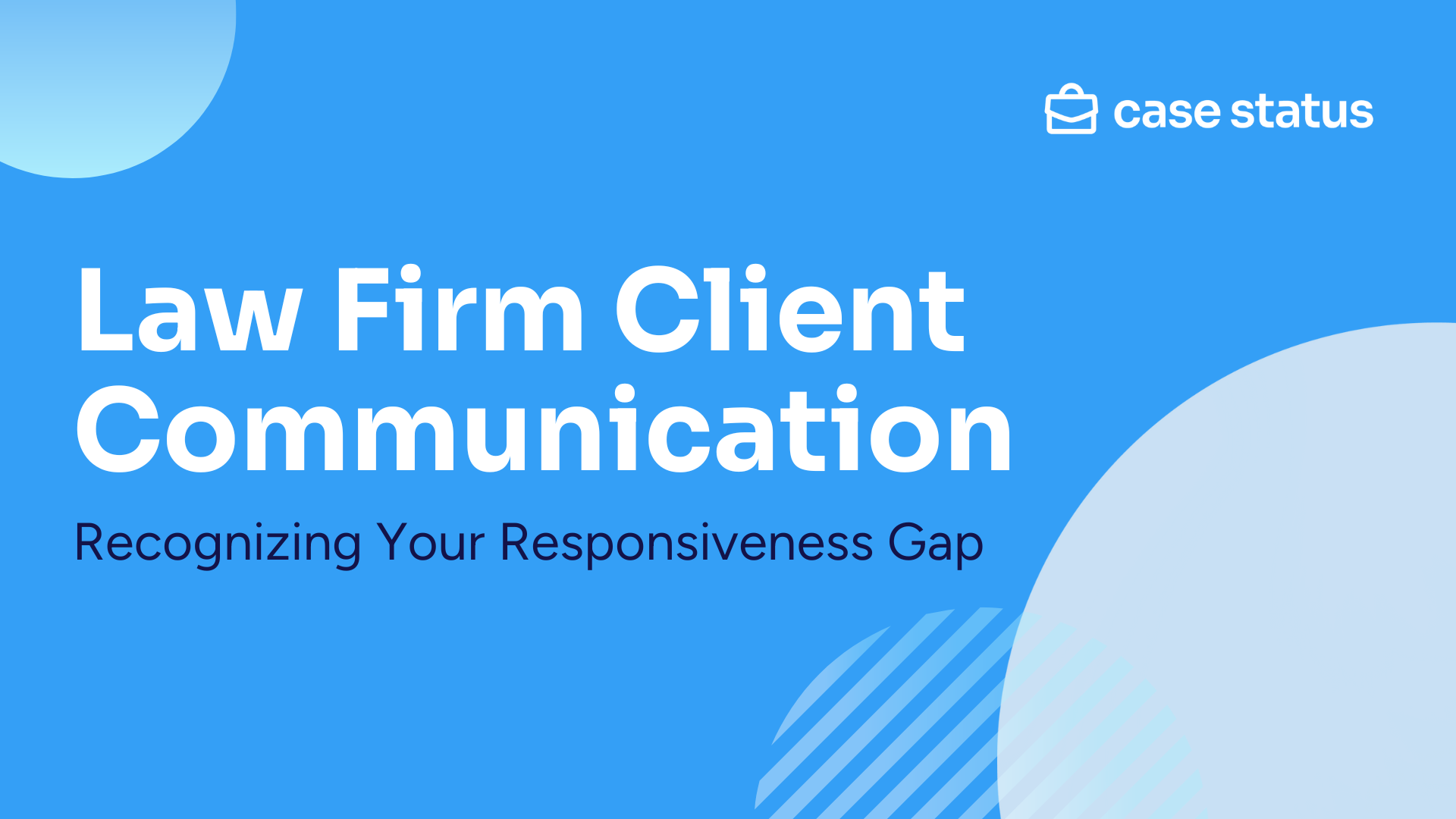
Unveiling the Wonders of ChatGPT: An Overview
In recent times, ChatGPT has dominated headlines, revolutionizing fields from software development to legal practice. Amidst the widespread discussions, legal experts and their clients are eager to explore: What possibilities does ChatGPT bring to the legal industry?
Here's a detailed look into OpenAI, the organization behind ChatGPT, and the implications of this groundbreaking technology for the legal sector.
The Rise of Generative AI
Generative AI, such as that developed by OpenAI, involves machines generating new content, including text, images, and music, independently. Although still evolving, generative AI promises numerous benefits for legal professionals aiming to enhance efficiency and bolster their practice.
Potential applications of generative AI in law include:
- Crafting legal documents like contracts, briefs, and wills.
- Performing extensive legal research by analyzing and summarizing vast datasets.
- Predicting legal outcomes by examining large volumes of data, useful in litigation and risk management.
- Powering virtual assistants to provide basic legal information, answer queries, and guide clients through legal procedures.
While these innovations are promising, it's crucial to remember that AI is not a substitute for a lawyer's expertise. We’ll delve further into this important consideration below. Also, don't miss our on-demand webinar on how Case Status AI simplifies client engagement.
Meet OpenAI
OpenAI is at the forefront of generative AI, creating advanced systems capable of outperforming humans in various economically significant tasks. ChatGPT, one of their prominent tools, is accessible to the public, though high demand might limit availability.
Decoding ChatGPT
ChatGPT, developed by OpenAI, is an AI chatbot that generates detailed responses to text-based queries. Trained through human feedback, it learns from interactions to improve its responses. On March 14, 2023, OpenAI released GPT-4, a multimodal model incorporating both text and image inputs, demonstrating human-level performance on various benchmarks. Unlike its predecessor, GPT-4 scored in the top 10% on simulated bar exams, a significant improvement from ChatGPT’s lower percentile.
ChatGPT in Legal Practice
ChatGPT aids legal professionals with tasks like research, document creation, and case analysis, offering substantial support in daily operations.
Ethical Considerations of ChatGPT
Despite its potential, ChatGPT can produce inaccurate or misleading information. Legal professionals must critically assess AI-generated content to prevent the spread of misinformation and avoid biases or discrimination.
Utilizing ChatGPT
Using ChatGPT is straightforward: input your query on the ChatGPT website, and the tool provides a detailed response. It can handle a variety of tasks, from composing poems to solving complex equations.
Benefits of ChatGPT for Lawyers
ChatGPT offers significant time-saving advantages for lawyers by generating drafts for emails or documents, allowing them to focus on more critical tasks. This efficiency can help serve more clients and improve access to justice. Companies like Harvey AI are already leveraging GPT technology to assist legal clients.
Responsible Use of ChatGPT
While ChatGPT is a valuable tool, it’s essential to use it responsibly. Always review and verify AI-generated content before relying on it, ensuring accuracy and compliance with ethical standards.
Challenges for Legal Professionals
Accuracy and privacy are primary concerns with ChatGPT. The technology can produce erroneous information, as seen in instances where it generated fictitious legal citations. Additionally, lawyers must consider the ethical implications of using AI, including safeguarding client data and maintaining confidentiality.
Writing Effective ChatGPT Prompts
Creating effective prompts is key to maximizing ChatGPT’s utility. Here are strategies for writing clear and specific prompts:
- Role Emulation: Ask ChatGPT to adopt the perspective of a specific legal professional.
- Clarity: Use specific verbs and define objectives clearly.
- Plain Language: Avoid jargon to ensure clear communication.
- Output Specifications: Specify the desired format and structure.
- Refinement: Experiment with variations and provide feedback to improve responses.
Sample Prompts for Legal Professionals
Here are some examples to illustrate effective prompt crafting:
- Legal Document Creation: “Draft a non-disclosure agreement for a startup and investor, including confidentiality provisions, duration, and dispute resolution mechanisms.”
- Legal Marketing: “Create 10 blog topics on criminal law in Texas, covering defense strategies, laws, and procedures.”
- Legal Research: “Summarize the Family and Medical Leave Act’s application for small business owners.”
Final Thoughts on ChatGPT in Law
Adopting Legal AI technologies like ChatGPT can significantly enhance legal practices by streamlining tasks and improving efficiency. However, it’s vital to use these tools responsibly, ensuring they complement rather than replace professional judgment.
By embracing AI thoughtfully, lawyers can enhance their practice, provide better client experiences, and maintain high ethical standards.



